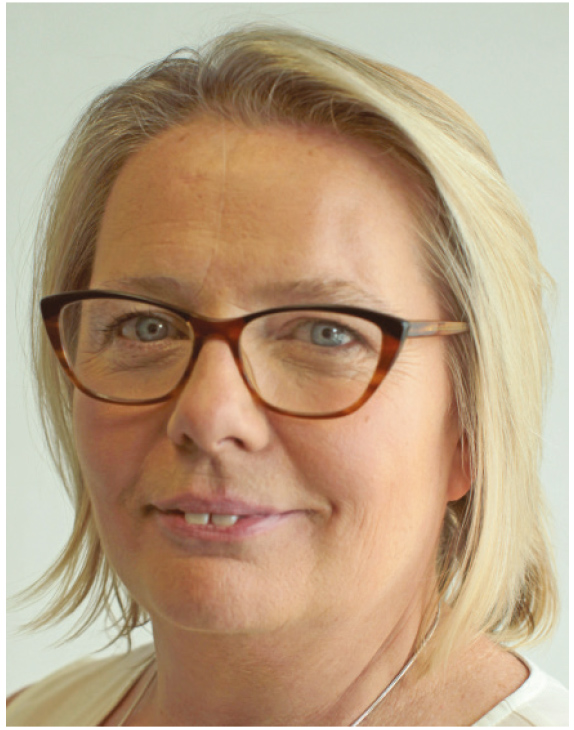
Vicky McGrath, CEO of Rare Diseases Ireland. (Courtesy of WRDD).
By Peter McNamara
The 12th annual World Rare Disease Day will take place on Thursday, February 28th 2019. To mark this important occasion, Rare Diseases Ireland will be holding a conference “Bridging Health & Social Care” on the 28th in CA House on Pearse Street.
The focus of this year’s conference is the importance of joined-up hospital care, primary care, and community services for people with rare diseases. Anyone interested is invited to book themselves a place at the conference on the Rare Diseases Ireland website (www.rdi.ie).
Rare diseases can be chronically-debilitating, progressive, and life-threatening. The Pearse Street conference will hear directly from patients and patient organisations facing the challenges of living with and caring for, people with rare diseases on a daily basis. There will also be contributions from speakers responsible for public policy and integrated care in the area.
Vicky McGrath, CEO of Rare Diseases Ireland says, “We seek to inform Government and policy-makers of the importance of better connecting and co-ordinating our health and social care services for people with rare diseases and their families.”
Among the topics under discussion were patient experiences of health and social care services, best practices in delivering co-ordinated services to patients, as well as the current state of rare disease plans North and South.
Avril Daly, Vice-President of EURORDIS-Rare Diseases Europe, urges people who are living with rare diseases to ask their doctor about newly-developed European Reference Networks.
People living with rare diseases, and their families can often feel isolated and alone. They may have been searching for a diagnosis for years. They may have been passed from pillar to post, and subject to a battery of tests and investigations. They may even have been misdiagnosed.
All the while they continue to live with the impact of the disease, disrupting their quality of life and leaving them worried and frustrated. The European Reference Networks, or ERNs, is a game-changer for people with rare diseases.
“For the first time,” Daly says, “doctors in Ireland will be able to convene a virtual panel of medical experts from across the EU. They can review medical information and test results. They can agree on a diagnosis, suggest treatments and advise on clinical trials taking place.” While many ERNs are not integrated into the Irish healthcare system yet, it is expected that this will change over the coming year and your doctor might soon be able to access expertise across Europe.
Rare Diseases – Did you know?
1. A rare disease is defined as rare when it affects fewer than one in 2,000 people. Rare diseases are characterised by a wide diversity of symptoms and signs that vary not only from disease to disease but also from patient to patient with the same disease.
2. It is estimated that rare diseases affect the lives of around 30 million people across the European Union (EU), with approximately 300,000 people in Ireland developing a rare disease at some point in their lives.
Relatively common symptoms can hide underlying rare diseases, leaving many affected individuals as either undiagnosed or misdiagnosed.
3. There are more than 6,000 known rare diseases. 80% of rare diseases have identified genetic origins whilst others are the result of bacterial or viral infections, allergies and environmental causes, or are degenerative and proliferative.
4. Approximately five per cent of rare diseases have treatments, and often the best and only treatment option is to access a clinical trial. There is no cure for the majority of rare diseases.
5. Eight in 10 patients and carers have difficulties completing daily tasks (household chores, preparing meals, shopping etc.).
A total of 30% of carers spend more than six hours per day helping the person with a rare disease. Over 95% of primary carers are family members with the overwhelming majority being women. Seven in ten patients and carers had to reduce or stop their professional activity due to their, or their family member’s, rare disease. There is a significant mental health burden, with people with rare diseases and their carers being three times more likely to feel unhappy and depressed compared to the general population.
For more information on the work of Rare Diseases Ireland, visit www.rdi.ie. For more information about Rare Disease Day, visit www.rarediseaseday.org.



